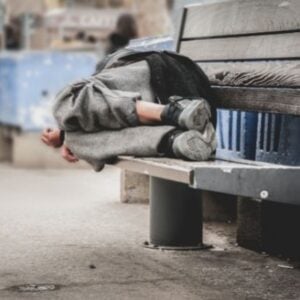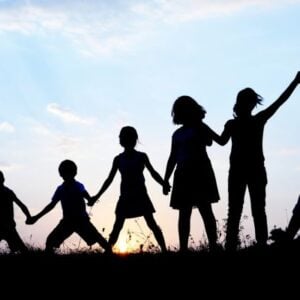Women and girls are bearing the heaviest burden of Haiti’s deepening humanitarian crisis. Gender-based violence (GBV), including gang rape, is widespread, particularly in the capital, Port-au-Prince, and is further aggravated by dire conditions in displacement camps. Recent funding cuts have forced the closure of centres providing sexual and reproductive health services and GBV support, leaving many survivors without critical assistance. Those services that remain are often inaccessible due to insecurity and displacement.
Christian Vovi, the UNFPA Humanitarian Coordinator in Haiti, highlighted the daily challenges of delivering aid ahead of World Humanitarian Day. Security threats have forced humanitarian workers to limit field operations and rely heavily on virtual meetings and remote support. This has hampered their ability to directly engage with affected women and communities. Despite these obstacles, the demand for GBV services continues to rise as displacement exposes more women and girls to violence and exploitation.
In many cases, armed gangs have attacked communities, burning homes and committing sexual violence in front of families. Women, stripped of financial means, are increasingly forced into prostitution for survival. Currently, more than one million people are displaced in Haiti, with over a quarter being women of reproductive age, yet only a handful of displacement sites have GBV protection services. Overcrowded shelters further heighten the risk of abuse.
UNFPA continues to distribute dignity kits and provide psychosocial support, but resources are grossly insufficient. Funding shortages have been devastating, especially after cuts from the United States, which previously covered the majority of Haiti’s humanitarian response. With U.S. funding withdrawn, UNFPA has been unable to provide services to 25,000 women and girls, while stocks of post-rape kits have fallen dangerously low.
Despite these limitations, UNFPA and its partners remain on the ground, leading GBV coordination and offering remote assistance through hotlines to ensure survivors can access services and psychosocial support. However, the humanitarian needs are escalating faster than the available resources.
Vovi has called on the international community and donors to urgently close the funding gap and prioritize protection for Haitian women and girls. He stressed that Haitians feel abandoned, believing the global community has the means to address the crisis but is failing to act. With violence worsening and conditions in displacement sites deteriorating, he warned that urgent action is critical, insisting that “tomorrow is too late” for Haiti’s women and girls.







